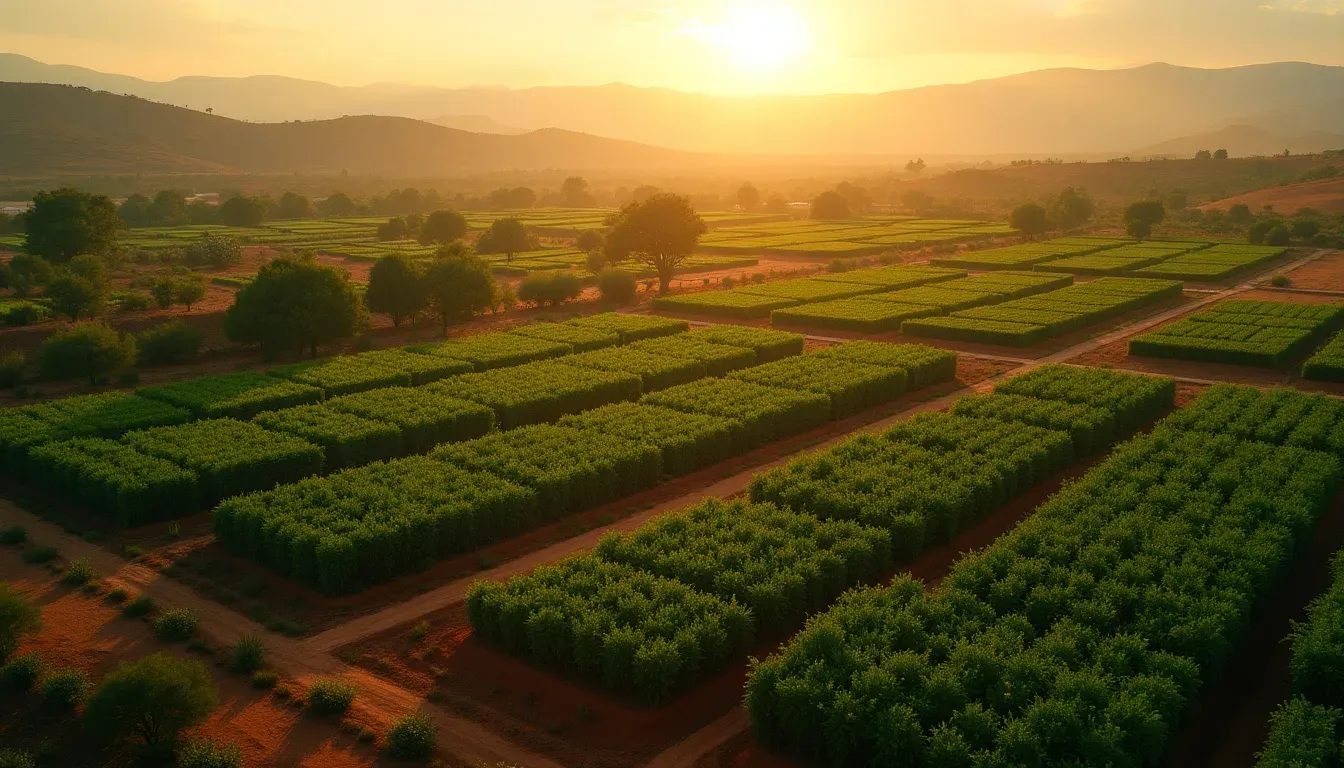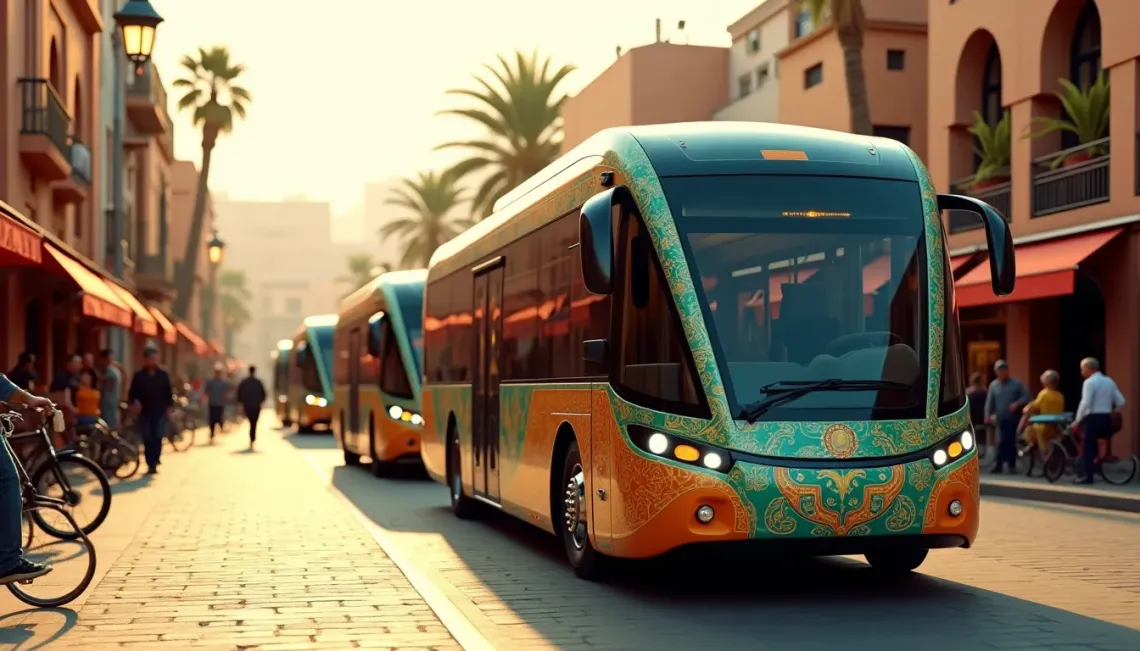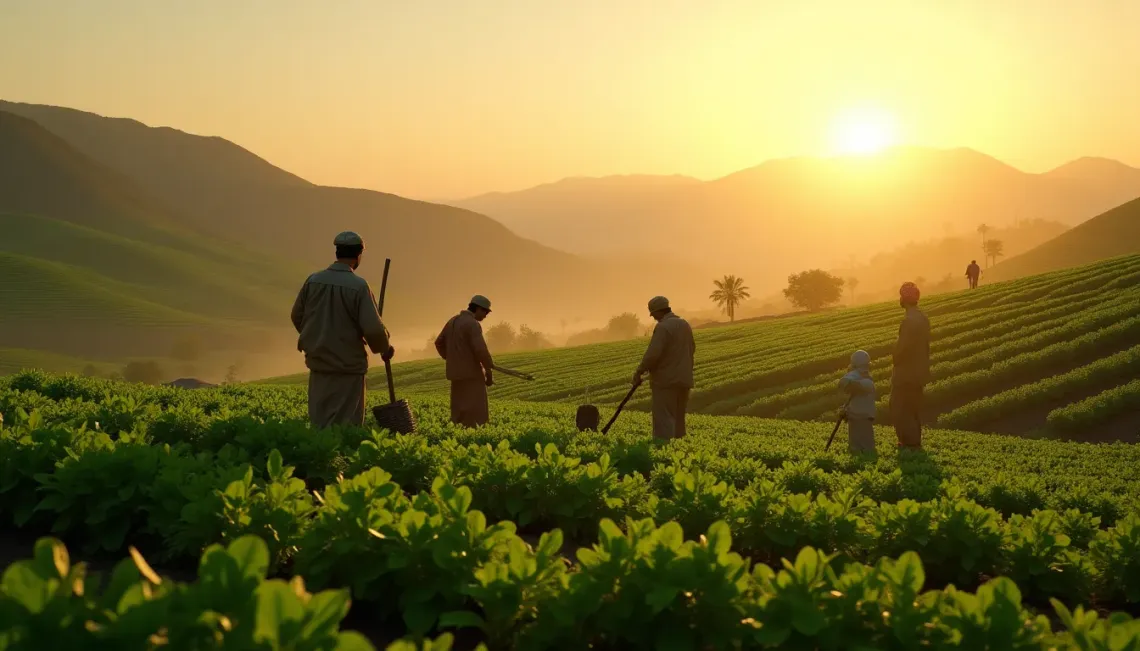In recent years, the concept of permaculture has gained significant traction in Morocco, offering new insights into sustainable agriculture that align with the nation’s drive toward a sustainable future. Permaculture, a system of agricultural and social design principles, is revolutionizing agricultural practices and fostering a sustainable future across the country.
Understanding Permaculture in the Context of Morocco
Permaculture stands at the core of sustainable agriculture, involving the creation of agricultural ecosystems that are designed to be self-sufficient and highly productive. In Morocco, where arid conditions and soil degradation pose significant challenges, adopting permaculture principles provides a viable solution. Cultivating diverse and resilient farming systems helps in conserving water, reducing soil erosion, and improving biodiversity.
The Significance of Sustainable Agriculture
Sustainable agriculture in Morocco is not merely an option but a necessity. With the increasing pressures of climate change and a growing population, traditional agricultural practices often fall short. Implementing permaculture principles such as companion planting, agroforestry, and water conservation techniques ensures long-term productivity and contributes to a sustainable future.
Permaculture Techniques Transforming Moroccan Agriculture
Several permaculture techniques are making significant strides in Morocco:
- Agroforestry: Integrating trees with crops and livestock enhances soil quality and boosts productivity.
- Water Management: Techniques like swales, rainwater harvesting, and drip irrigation maximize water efficiency.
- Soil Enrichment: Using compost and natural fertilizers reduces dependence on chemical inputs, enhancing soil fertility.
Challenges and Opportunities
Despite the promising potential of permaculture, challenges such as limited awareness, financial constraints, and resistance to change persist. However, educational programs and community-based projects are playing a pivotal role in disseminating knowledge about sustainable agriculture practices. Collaborative efforts among farmers, NGOs, and the government can create a supportive infrastructure for permaculture to thrive.
Integrating Permaculture for a Sustainable Future
The adoption of permaculture in Morocco paves the way for long-term sustainability by redefining traditional agricultural practices. As more farmers embrace these innovative techniques, there is a notable shift towards agriculture that is not only productive but also environmentally conscious. Ultimately, permaculture in Morocco is not just transforming landscapes but is also crucial in securing a sustainable future for the nation.
By fostering a deeper understanding and implementation of permaculture, Morocco sets an exemplary model for sustainable agriculture. This shift not only secures food sovereignty but also aligns with broader global goals for sustainable development. To continuously support these efforts, stakeholders must focus on community engagement and ongoing innovation.




